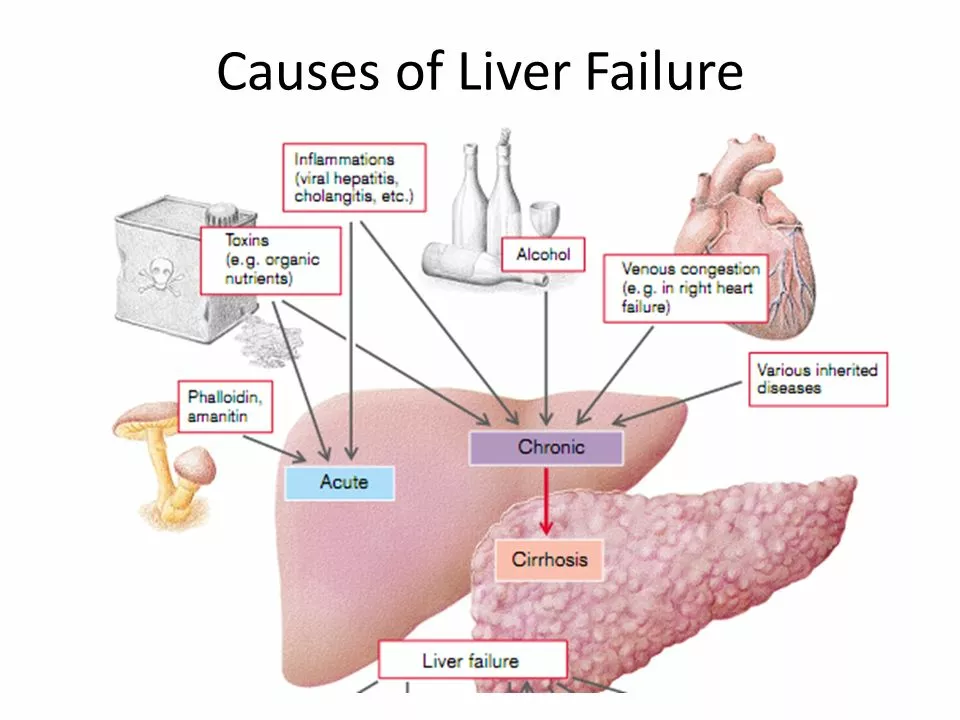Heparin sodium: what it is and how it works
Heparin sodium is a fast-acting anticoagulant used to prevent and treat blood clots. It stops clotting by boosting antithrombin activity, which slows down clotting proteins in your blood. Doctors use it in hospitals for things like deep vein thrombosis (DVT), pulmonary embolism, during heart attacks, and to keep lines and dialysis circuits from clotting.
How you’ll get it and what to expect
Heparin sodium is usually given by injection: an IV bolus and infusion in acute settings, or subcutaneous shots for prevention. Unlike low-molecular-weight heparin, heparin sodium (unfractionated heparin) is monitored closely because its effect can vary a lot between people. Your care team will check aPTT or anti-Xa levels to keep dosing safe.
Expect frequent blood tests when you’re on unfractionated heparin. Nurses will watch for signs of bleeding—easy bruising, dark stools, nosebleeds, or more serious bleeding events. If bleeding happens, the drug can be reversed with protamine sulfate in many cases.
Key safety points
Bleeding is the main risk. Tell your doctor about any recent surgeries, uncontrolled high blood pressure, liver disease, or active bleeding. Heparin can cause heparin-induced thrombocytopenia (HIT), a drop in platelets that can paradoxically cause new clots—so platelet counts are checked regularly during treatment.
Other risks include osteoporosis with long-term use and interactions with drugs that affect bleeding risk, like NSAIDs, aspirin, or other anticoagulants. Pregnant people often use heparin because it doesn’t cross the placenta, but dosing and monitoring remain important.
If you miss a dose or think you’ve overdosed, contact your medical team or emergency services right away. Never double up on injections without medical advice.
Storage and handling matter: keep prefilled syringes or vials as your pharmacy instructs and never reuse needles or syringes. If someone at home is giving you injections, ask for a hands-on demonstration from a nurse.
Thinking about buying heparin online? Only use licensed pharmacies and always have a valid prescription. Counterfeit or improperly stored products can be dangerous. Our site has practical tips on safe online purchases and pharmacy verification.
When to call your doctor
Call if you have heavy bleeding, sudden shortness of breath, chest pain, severe headache, black or bloody stools, or a sharp drop in platelet count if you know it. Also call for signs of infection at injection sites or if you develop unexpected swelling or pain in a limb.
Related reading on NorthwestPharmacy.SU: check our guides on buying meds safely, pharmacist savings tips, and drug interaction advice to help manage anticoagulant therapy responsibly.

Heparin sodium and liver disease: What patients need to know
As someone who's been researching heparin sodium and liver disease, I feel it's important to share some key information with fellow patients. Heparin sodium is a blood-thinning medication often prescribed to prevent blood clots. However, individuals with liver disease should be cautious, as their ability to metabolize and eliminate the drug may be compromised. This could lead to increased risk of bleeding or other complications. Always consult your doctor before starting any new medications, and be sure to discuss your liver disease and any potential concerns.
Read More